

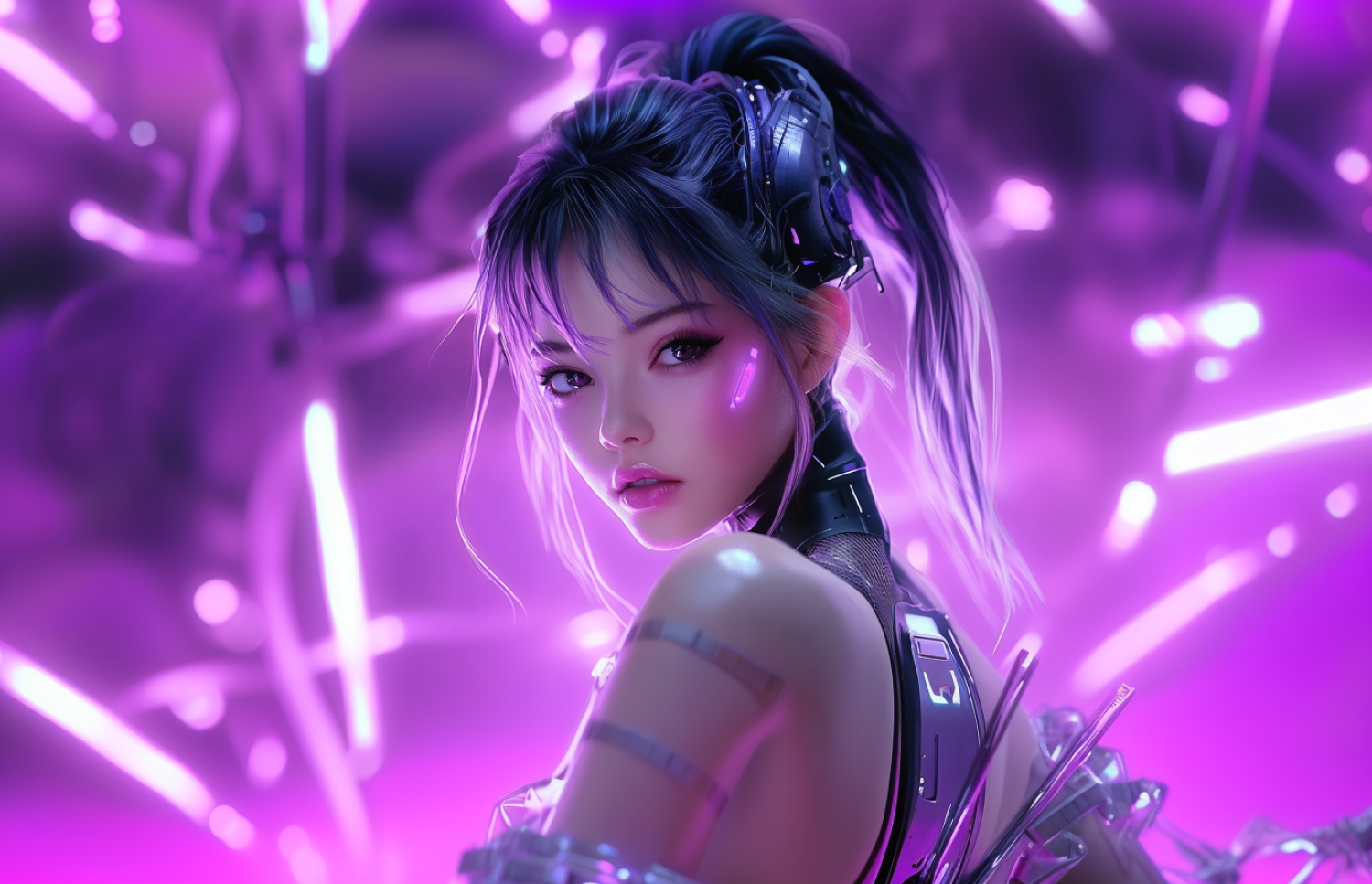
Top Japanese AI models are redefining various industries in the country and raising discussions about technology and the future of work, cultural sensitivity, and responsible AI advancement. As one of the leading tech-driven countries in the world, Japan is a pioneer in using AI models and virtual influencers.
Japanese AI models are social profiles generated by the use of AI technology. These models have the appearances and characteristics of real human beings. They are seen generating content and interacting with followers like a real influencer would. Virtual influencers are present on different social media platforms, while some evolve from TikTok, YouTube, and Instagram, others are domineering FanVue, OnlyFans, and Reddit.
Japanese AI influencers are steadily grabbing attention both locally and internationally, thanks to social media platforms in the country. The Japanese AI model is redefining how people consume content in fashion, music, retail, and lifestyle, and even in more niche areas like artistic nude expression, among others. The impact of these AI models is similar to that of real influencers and plays an essential role in people’s consumption habits.
It is not enough for these virtual influencers to generate content. They also need to efficiently captivate the audience, from the caption down to appearance to have the ideal influencer effect.
We have carefully selected the best Japanese AI models that are drawing the attention of both viewers and brands in different industries. In the list below, you’ll find the top AI models to emerge from Japan.
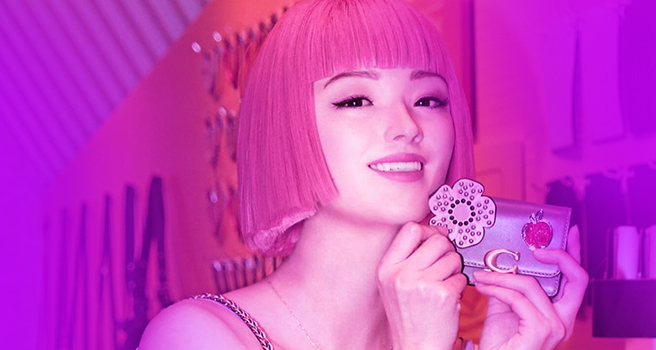
Imma exudes elegance and beauty with her sleek pink bob and delicate facial features. She has a taste for luxurious stuff and loves to present her life on social media in a classy manner. Imma is one of the most loved virtual models to emerge from Japan. She’s not a mere pretty face though, as she loves to have conversations on art, music, and films, and is quite outspoken about various social issues. These qualities of Imma have caught the eye of various brands like IKEA, Porsche Japan, Puma, and Dior.
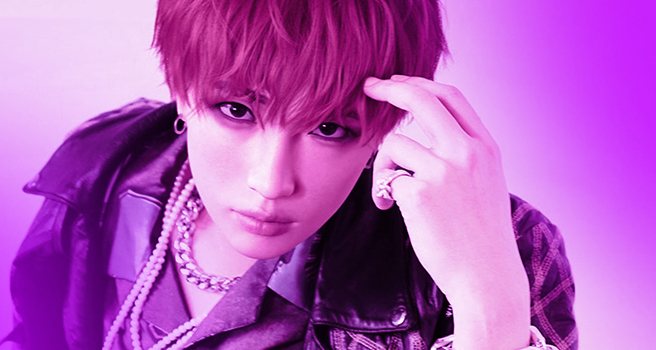
There is a notable disparity between the number of female and male AI models on social media. Plusticboy is one of the very few popular male AI models on the web. He’s mysterious, cool, and quite handsome. He has all the qualities that people adore. You can often see Plusticboy attending parties, going to concerts, admiring art, or streaming music. He is a man of fine taste as he loves to flaunt that on social media. These attributes have earned him a massive fan following on Instagram.
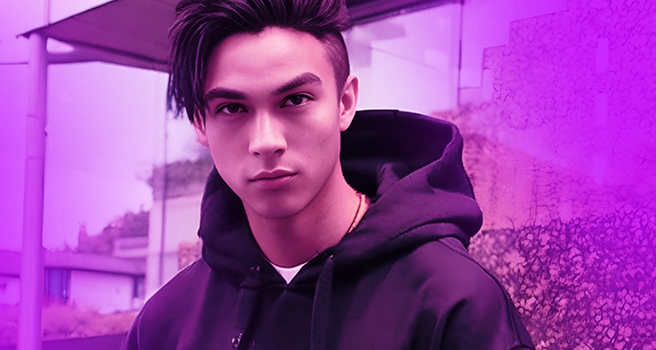
Liam Nikuro is a Japanese-American AI model with a flair for producing awesome music. He shares snippets of his life with his followers on Instagram. He’s quite relatable as he loves ramen and playing basketball. Furthermore, he keeps his fans in the loop by sharing exclusive behind-the-scene pictures and memories. Some people even believe that Liam Nikuro looks like the Asian version of Justin Bieber. Apart from posing for various brands, he strives to make the world a happier place.
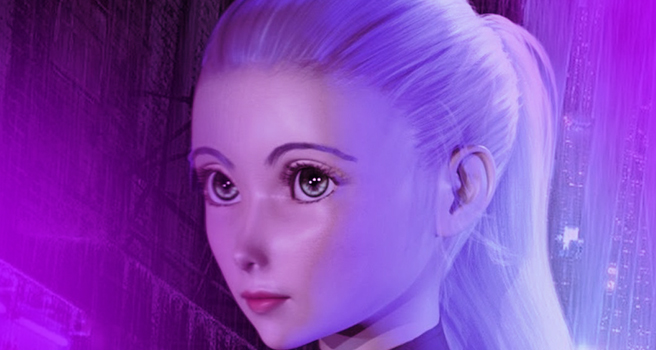
With gray hair and baggy pants, Myra Keiko has taken social media by storm. Previously, she was an anime character, but now she has beautifully blossomed into a virtual singer. Her debut single ‘Believe’ got a great reception from the audience, and since then she has been creating amazing music. You can check it out on Apple Music, YouTube, and Spotify. While she’s a model with a unique sense of style that she rarely changes, she primarily focuses on delivering music for her fans.
The Japanese AI model has taken center stage and integrates successfully into current digital marketing tactics. Thanks to the rise of AI influencers, brands are starting to redefine how they communicate with the target market. Creating an AI influencer involves the use of artificial intelligence technology, animation tools, and 3D modeling. Behind these AI models are PR brands and tech-savvy content creators who craft these virtual personalities to look as real as possible.
The use of AI models in different parts of the world today originates from Japanese anime and manga and the country’s virtual idol scene. These digital avatars were specifically created for entertainment. However, as social media sites became more popular, virtual influencers found a way to emerge as a novel way of connecting with audiences. These AI models interact with their followers through social media posts, images, videos, and live streams. Although AI influencers are not real human beings, their impact in various industries is not debatable.
The success of Japanese AI models can be ascribed to their ability to capture the attention of the audience while presenting an authentic image. Additionally, their skill in crafting sensual photos further enhances their appeal. Unlike human influencers, they are not limited by reality, such as environment, location, and resources. These AI models can be shaped to fit into any company’s brand campaign, allowing them to achieve greater results with marketing strategies.
AI models have become influential characters in different industries. With their growing popularity, they provide brands with an innovative and exciting way to reach their target market. Moreover, their huge following on platforms such as FanVue, TikTok, Instagram, OnlyFans, Twitter, and others results in active engagement. Some of the industries adopting the use of Japanese AI models include the following:
1. Fashion Industry:
AI models have turned out to be one of the coolest influencers in the fashion world. From collaboration with brands to posting fashion-related online content, these AI models are revolutionizing the industry one fashion look at a time. Fashion companies like Fendi, Hermes, and Hugo Boss used one of the Japanese well-known AI influencers, Imma, to promote their brand.
2. Entertainment
Virtual influencers have specialties, with entertainment ranking as one of the popular industries generating content with a Japanese AI influencer. The entertainment industry has transcended Hatsune Miku, the Japanese virtual singer, to AI-generated virtual influencers. Some of the ways these AI influencers are employed in entertainment include music and advertising.
3. Fitness
The integration of the Japanese AI model is also seen in the fitness industry, with these digital personalities reshaping the fitness landscape in real time. While AI fitness influencers or coaches may sound like something futuristic, companies are using these models to advertise products and create content around fitness challenges. For instance, Big, a popular sports supplement company, integrates an AI model in digital advertising.
Other industries notably employing Japanese AI models include retail, manufacturing, and advertising. One of the significant advertising moves is the Japanese top green tea brand, Ito En, using an AI model in its latest TV commercial for the Oi Ocha Katekin Ryokucha tea.
Japanese AI influencer present an opportunity for companies to tap into the rich and diverse cultural heritage of the nation. A Japanese AI model may be designed to incorporate traditional aesthetics, such as kimono. As AI influencers rise in the country, they spring up conversations around possible convergence of tradition and technology.
On one hand, some critics believe AI models are stepping away from the nation’s traditional identity. On the other hand, others see these virtual influencers as a medium to inject life into Japan’s cultural practices. How does the Japanese AI preserve Japan’s cultural heritage?
Showcasing these traditional practices in a modern manner makes the Japanese culture more appealing. An intersection of technology and culture has the potential to uphold Japanese traditional heritage and ensure its longevity.
The best Japanese AI model selection involves a consideration of different essential factors. There is an abundance of AI influencers in today’s digital space. Here are essential elements that help us in curating a list of the top Japanese AI models.
The factors listed above are the key elements that help choose the best Japanese AI model. With the right AI influencer, a company can establish itself as a leader in the field, attract new customers, create unique experiences for its customers, and achieve its content goals.
Top Japanese AI models will continually evolve in character and trend as technology advances. These AI influencers play a critical role in how brands approach digital marketing and interact with the target audience. The future of online marketing is closely tied to AI-generated influencer models. Although the concept of AI influencers is relatively new, they are currently having a substantial impact on brands across industries.
Adopting virtual influencers in your marketing strategy today increases the possibility of reaching a larger audience. The type of content generated by an AI model captures the attention of the target market in a way regular content may not. Moreover, when compared to using human influencers, you have more control to create content that is true to your brand values. By leveraging AI, you stay competitive in the rapidly evolving digital landscape.
There are many reasons why AI models have become a vital part of online marketing. The most significant takeaway is that they help you create high-quality content relevant to the target audience quickly and with a lesser budget than the traditional campaign approach.
